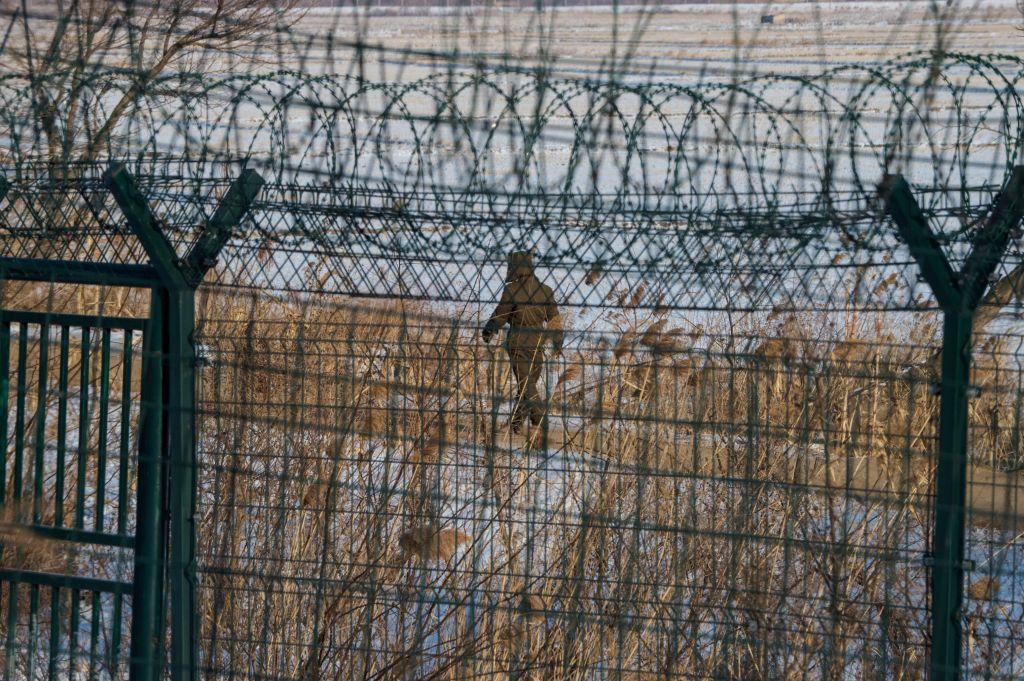Seven North Koreans were recently caught and detained in China while attempting to escape across the border.
The escapees, who included a pre-teen girl, were detained by Chinese authorities in China’s northern Liaoning Province on April 28.
The group identified the pre-teen girl by her last name, Choi, who along with her uncle surnamed Kang, crossed the China-North Korea border in early April.
News of their detention was revealed after Choi’s mother, who lives in South Korea, contacted the South Korean consulate in Shenyang after losing contact with her daughter during the weekend prior to April 29.
“Under the United Nations Convention on the Rights of the Child and the Convention on the Status of Refugees, [China] should protect Choi and stop forced repatriation,” Jung said.
“China should end its complicity with North Korean rights violations by ending the practice of forcing back fleeing North Koreans,” Robertson said.
HRW pointed out that in 2010, Pyongyang adopted a decree making defections a crime of “treachery against the nation,” which is punishable by death. If not executed upon their return, escapees are often punished by being sent to either a political prison camp or an ordinary prison camp.
The conditions inside North Korean political prisons are brutal, with many detainees facing starvation, no medical care, lack of shelter and clothes, and sexual assault and torture by guards, according to HRW.
At ordinary prison camps, inmates face “forced labor in dangerous working conditions, repeated mistreatment by guards, and little food or medical care,” HRW said.
An unidentified former senior official at North Korea’s secret police force told HRW that officials under his command “tortured every returnee to find out where they went in China, whom they contacted, and what they had done while outside North Korea.”
Chinese authorities often label North Koreans in China as “illegal economic migrants” and have repatriated them, under a 1986 bilateral border protocol that calls for Chinese police to collaborate with their North Korean counterparts to track down escapees.
Some North Koreans have taken their lives after being arrested, choosing to die rather than face harsh punishment in North Korea.



